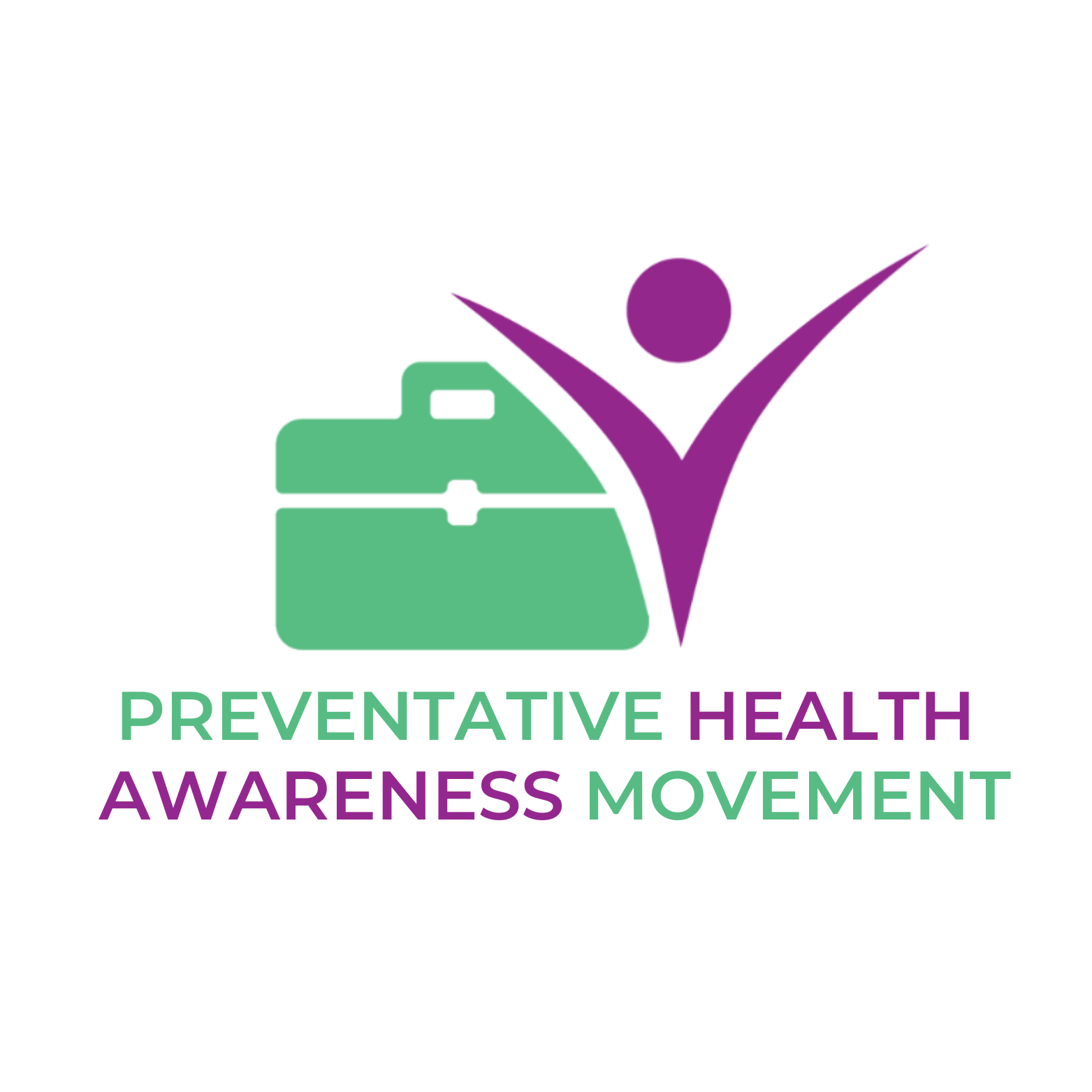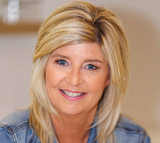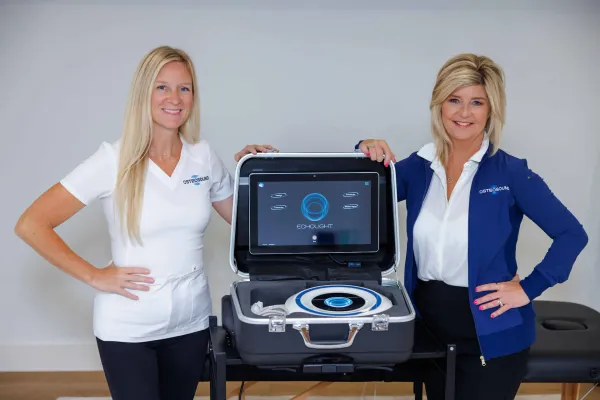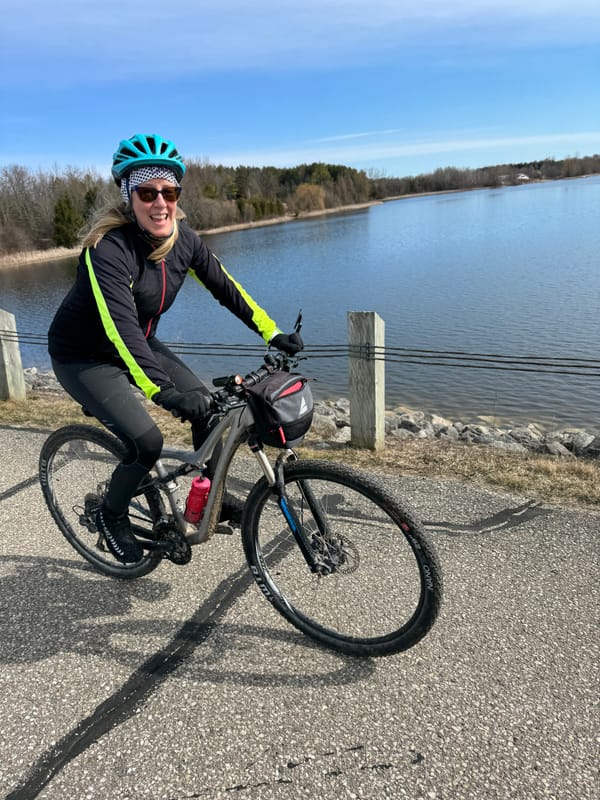🔥 Awakening the Power of Patient Advocacy, Self-Leadership & Body Awareness

I have a personal story to share.
It’s uncanny how life seems to bring me challenges—whether through my own health or that of someone I love—that reinforce my passion for preventative health. I’ve come to realize: this is my calling.
My lived experience, coupled with my clinical background, communication and media training, and an unwavering passion for advocacy and resilience, has beautifully positioned me as the founder and visionary leader of PHAM—the Preventative Health Awareness Movement.

This blog is yet another reminder that life doesn’t happen to us—it happens for us, if we’re willing to lean in, learn, and grow through the hard moments.
A Recent Wake-Up Call
Just days ago, a beloved family member underwent major, life-threatening surgery. As you can imagine, it was scary, stressful, and emotionally draining.
One of the only ways I’ve learned to cope through times like this is to lean in—hands on, heart open—with a willingness to learn. Not just for my own growth or peace of mind, but to serve my family, and to help others who trust me as their advocate and health ally.
That’s exactly what I did.
I stepped into the role as part of his "healthcare team”—advocating, asking questions, supporting his healing with integrative tools, and educating staff along the way.
And once again, I witnessed firsthand how our current system, despite its strengths, still falls short when it comes to whole-person healing—starting with something as basic as food.
Jell-O ≠ Healing: Food as Medicine, Forgotten
After surgery, my loved one—who is active, eats well, and rarely takes meds—was served Jell-O and pudding. No fresh fruits. No vegetables. No real appetizing protein to aid in healing muscle, bone, or fascia damaged by invasive surgery.
Years ago, when I spent lots of time in hospitals navigating my journey with endometriosis , things weren’t gourmet—but I could at least get a salad and some fresh fruit.
Why have we regressed? Why are patients in critical recovery given ultra-processed, nutrient-poor options when nutrition is one of the most important elements of recovery?
Here’s the uncomfortable truth:
Yes, healthy food costs money. But so do the pharmaceuticals we seem all too eager to fund. Most Canadian hospitals allocate just $8–15 per patient per day for food. Meanwhile, we spend billions on pharmacological interventions that manage symptoms—often at the cost of side effects and complications.
We rely heavily on anti-inflammatory medications to manage pain and recovery—yet routinely serve foods that actively contribute to inflammation. It's a contradiction we rarely question, and yet one that’s harming patients and slowing healing.In fact, malnourished patients—who make up up to 45% of hospital admissions—stay 34–53% longer and cost the system 31–55% more in care. Yet nutritious meals are overlooked in favour of short-term fixes.
And here’s the kicker: poor nutrition in Canada costs us $13.8 billion annually, with $5.1 billion in direct health care costs and $8.7 billion in indirect ones.

We’ve bought into a system where a pill is seen as more valuable than a plate of fresh food. And we’re paying the price—with side effects, chronic disease, and disempowered patients who feel more like statistics than people.
A Nation in Crisis: Stats That Speak Volumes
- Nearly 45% of Canadians live with at least one chronic condition.
- Medication-related harms account for up to 24% of hospital adverse events.
- 1 in 13 hospital admissions involves an adverse drug reaction—many of them preventable.
- The average senior in Canada is on 7+ medications daily.
- Canadian hospitals waste about 50% of food served, costing approximately $45 million annually.
- Meanwhile, medication-related harm results in thousands of deaths and millions in added healthcare costs.
And yet, hospitals are slow to invest in preventative strategies like nutrition—even though in-hospital nutrition interventions can save $1,500–2,000 per patient and prevent complications.
The PHAM Way: A Model for What's Possible
At PHAM, we believe in something different:
| Pillars of PHAM | Why They Matter |
|---|---|
| Nutrition | Fuels recovery, reduces inflammation, supports immune function |
| Movement | Promotes circulation, lymphatic drainage, and resilience |
| Mindset | Shapes stress response, emotional well-being, and recovery |
| Rest | Essential for cellular repair, mental clarity, and hormone balance |
| Community | Counters isolation and builds emotional strength |
From Advocate to Educator: Leading the Shift
During our hospital stay, I didn’t just advocate—I educated. I shared knowledge and tools with nurses, physicians, physiotherapists, and PSWs. I talked about individualized care and post-op side effects of polypharmacy. I inquired and got curious about the medications being given to my loved one only to uncover that the induced nausea that he was experiencing and could have been mitigated by adjusting the meds—not just layering more drugs.
And yes, I spoke about PHAM. I handed out cards. I planted seeds. I even helped initiate a Lunch & Learn for the post-op team on a variety of topics and preventative health recovery tools such as:
🔸 Dolphin & vagus nerve stimulation kit for incision/scar care
🔸 SP1KE mat to increase circulation and prevent bed sores
🔸Arnicare for bruising and inflammation and...
🔸OSTEOSOUND REMS Bone Scan, an innovative, Health Canada approved bone health analysis technology.
🔸 Wearable Phototherapy Patches - stem cell activation patch
This is how we shift the culture. One patient. One practitioner. One conversation at a time.
Final Thoughts: Let’s Reclaim Healthcare
I want to be clear: I’m grateful we live in a country with access to acute care when we need it. Pharmacology has its place. But over the last four decades, we’ve drifted far from the core of what true healthcare is meant to be.
We've relied on a reactive, one-size-fits-all model—and it’s costing us dearly.
Imagine a system where patients are empowered to participate in their healing…
Where practitioners are free to recommend movement, nutrition, and community without pushback…
Where self-leadership is the first prescription—not the last resort.
That’s the future PHAM is building. And it starts with all of us.
Your Call to Action
- If you’re a patient: Be your own advocate. Ask about nutrition. Question medication side effects. Speak up and get on the waiting list for the CEO of your Health Hub & Community for empowering education, live interaction with integrative healthcare professionals and support.
- If you’re a health professional: Explore integrative care. Be curious. Lead with compassion and innovation.
- If you’re part of the system: Invest in prevention. The ROI—human and financial—is undeniable.
Together, we can turn the tide—from reactive to proactive, from passive to powerful.
Because health isn’t just the absence of illness—it’s the presence of resilience.
And it starts with remembering that healing is human, and it begins within.
Join the #PHAMILY





